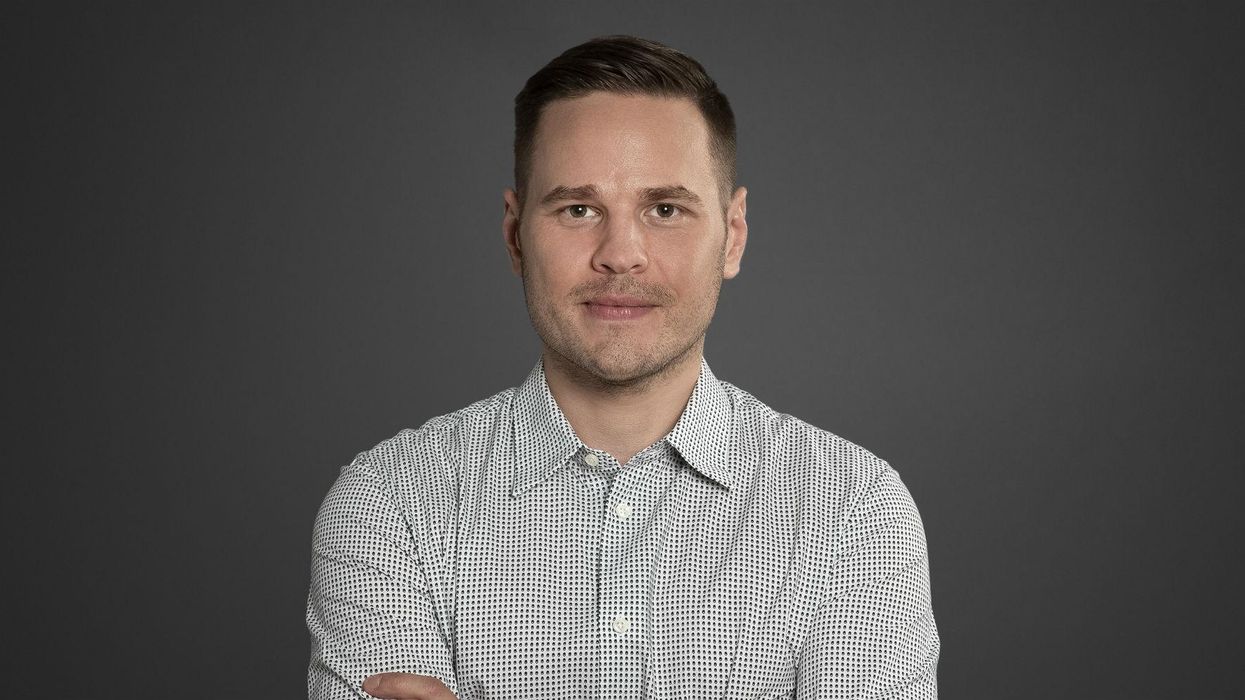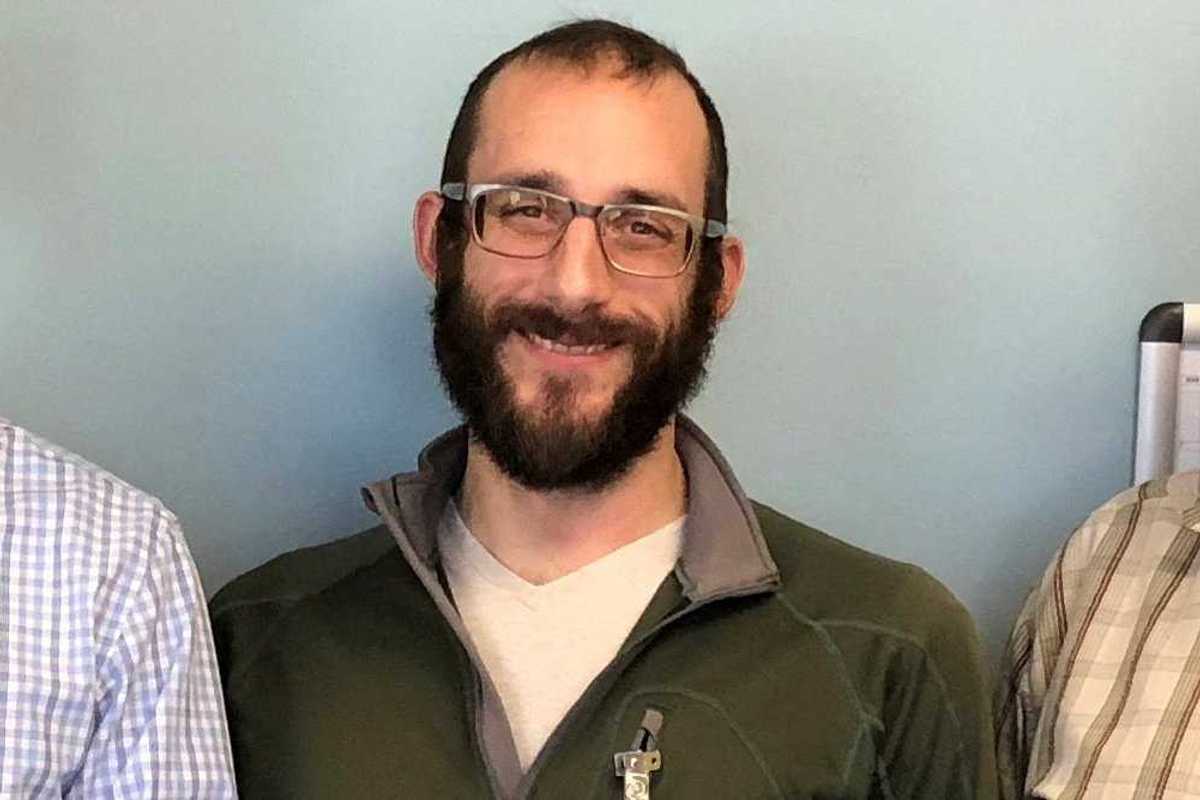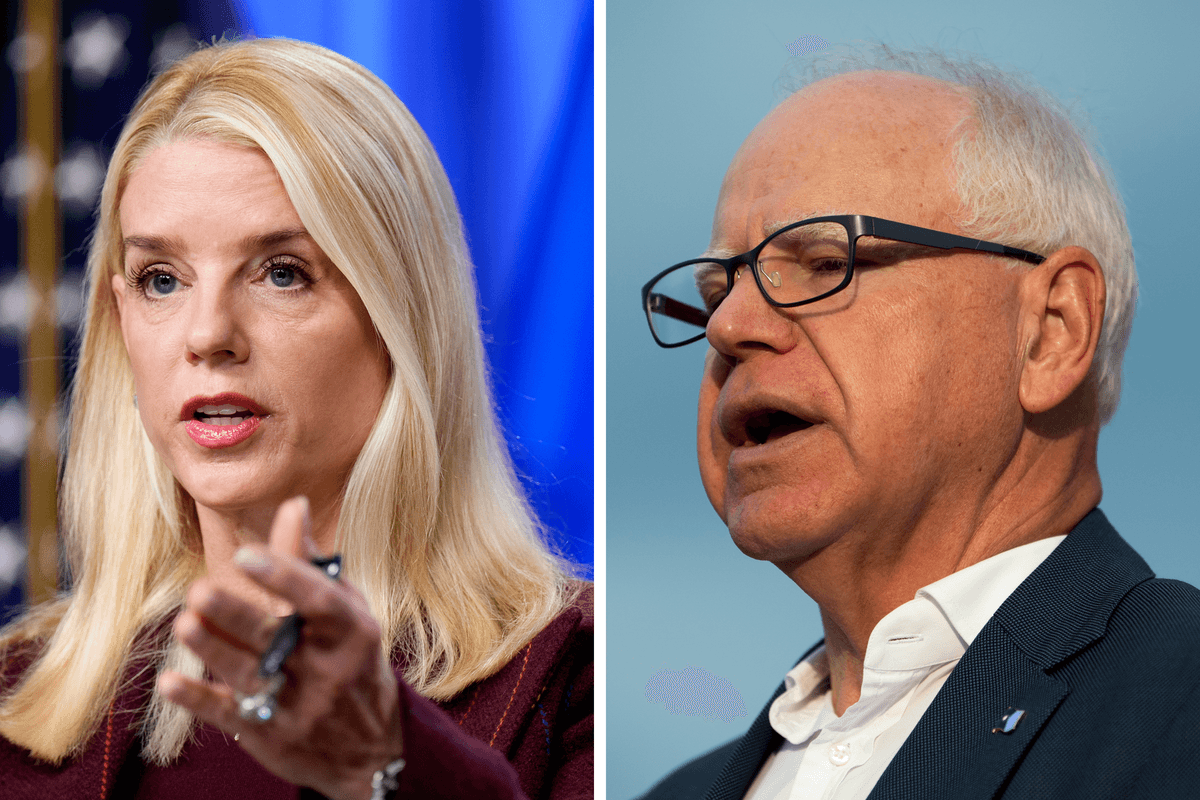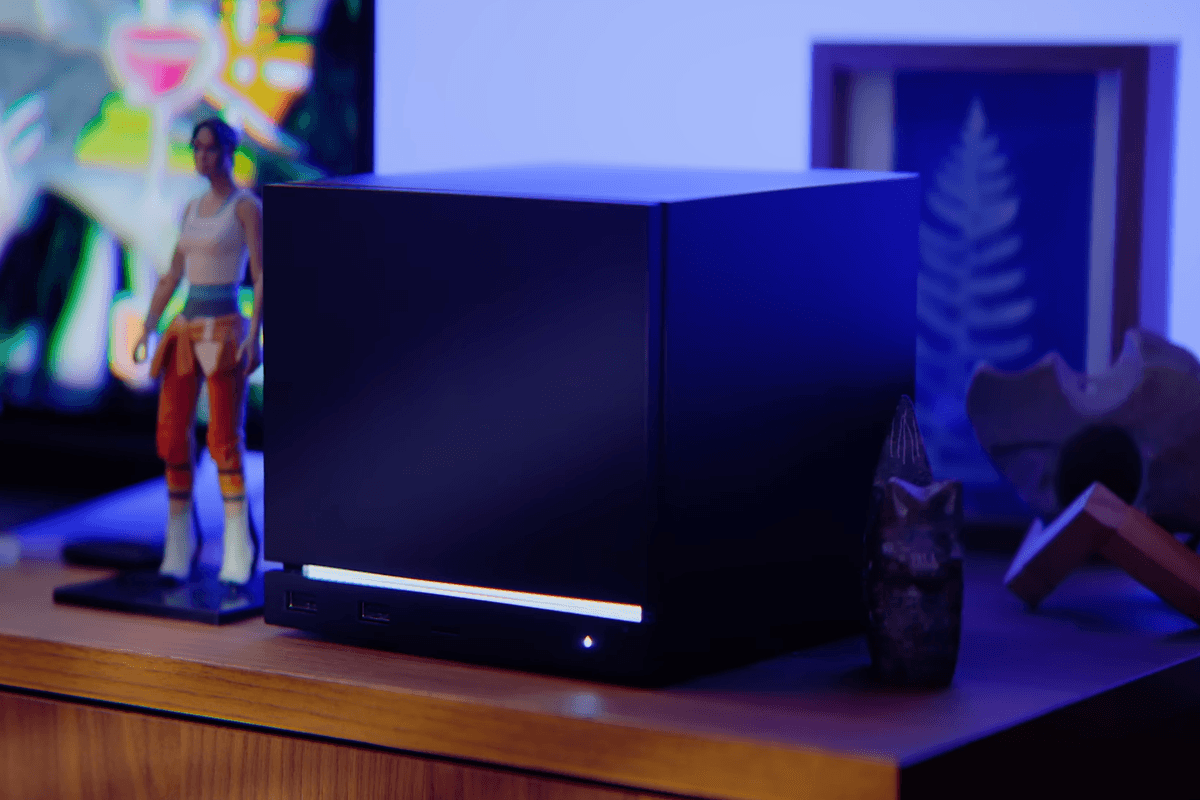News
Jake Hall
Oct 06, 2018

Photo: Max Cheremkhin, courtesy of Chappy
As anyone alive will likely tell you, dating is difficult. Really, really difficult.
But things are even more complicated within the LGBT+ community; in a world which still assumes heterosexuality as the norm it can be tricky or even dangerous to meet new people safely, especially outside of a nightlife environment.
A few decades ago gay men were forced to develop a ‘handkerchief code’ to attract potential partners, as their love lives were still monitored by police officers.
Luckily things have progressed since then, and those of lucky enough to have a smartphone now have a multitude of apps at our disposal. Some are geared towards finding a long-term relationship, whereas others are specifically designed with a more casual set-up in mind.
Unlike most apps, Chappy – which specifically caters to gay men – has a built-in scale to cover both of these bases.
“We want to give gay guys the opportunity to have relationships with other like-minded guys,” explains co-founder Max Cheremkhin.
Choice has always been at the heart of Chappy; it’s why we created the ‘Chappy Scale’ which offers something ‘cute’- a connection that might just go the distance – or something ‘sexy’ – a bold and adventurous connection.
“We appreciate that for many men the ‘cute’ function will be the default… We’ve been very proud to give Chappy users that opportunity.”
This transparency is refreshing – there’s nothing worse than going for a few dates with someone and then being ghosted without explanation.
But it also ties into a wider pledge to eradicate the prejudice that can run rampant on dating apps in particular.
Tales of racism and femme-shaming within LGBT+ communities are common, with many users taking to social media to share stories of the insults they’ve been subjected to. Chappy aims to cut this problem at its root by asking all of its users to declare a pledge stipulating respect and tolerance to all other users.
“Most men that identify as gay have experienced challenges in some way,” Cheremkhin states, listing isolation, loneliness, coming-out difficulties and an intrinsic feeling of ‘difference’ as some of the most common. “It means we have to be sensitive to the diverse personal journeys of our users.”
He specifically highlights that this discrimination can be commonplace on gay dating apps – the emergence of phrases such as ‘no fats, no femmes’ is proof that certain bodies are prized over others, and the ones deemed unworthy are frequently ridiculed:
Users of gay dating apps can be disrespectful and prejudiced, and interactions can be insensitive and transactional.
That’s why the Chappy Pledge is so important to us as a company – it’s a declaration every Chappy user must sign promising that they will be respectful to all other users.
Issues like these – individual prejudice and nasty personal encounters – are universal, but Cheremkhin also explains that some countries in particular are in need of heightened safety features. Incidentally he was born and raised in Russia, a country whose insidious ‘gay propaganda laws’ have made international headlines on more than one occasion.
He confirms that his own early experiences of discrimination were in the back of his mind when working on the app:
LGBT+ people are incredibly resilient, especially in Russia – for obvious reasons safety and security online is very important for those in more conservative countries.
While the concerns are different here in the UK, it’s partly why Chappy has the revolutionary safety features it does.
These include sophisticated measures to cut out catfishing, screenshot functionality (to keep any risqué conversations or photos in safe hands) and a real name policy, but they’re consistently being tweaked in order to “encourage user accountability” and to build a “transparent community.”
Features like these make the app particularly geared towards LGBT+ communities based in countries which legally oppress them. “Apps and other digital resources become incredibly important for people who are unable to express their sexuality openly,” Cheremkhin says, underlining Chappy’s intention to facilitate genuine connections in a gay dating market “saturated with headless torsos.”
Face pictures and Facebook verification are both requirements which are dishearteningly necessary in countries which still employ police sleuths to catfish gay men and trick them into conviction. Ultimately, Cheremkin underlines the importance of certain key values:
Transparency and accountability are so valuable – it’s these values that help us change the way in which our users value themselves.
This is particularly important in countries which do not openly accept homosexuality.
Even if things don’t work out romantically, apps like Chappy can still be useful tools to bring people together. Cheremkhin even theorises that they could become even more geared towards providing real-life experiences in the future, predicting a “more 360 approach to digital dating” rooted in “both online and offline experiences.”
The tie to a company makes it more likely that these experiences will be safe and welcoming, a fact which would no doubt reassure men worldwide looking to meet more like-minded people.
So whether you’re looking for friends, fun or just someone to chat to more generally, there’s something on Chappy for everyone: just be sure to scour through your albums full of face pics first.
More: The one 'compliment' you should never give to a gay man
Top 100
The Conversation (0)













